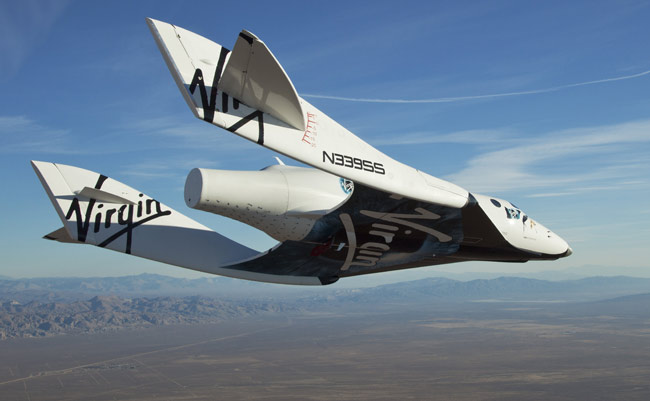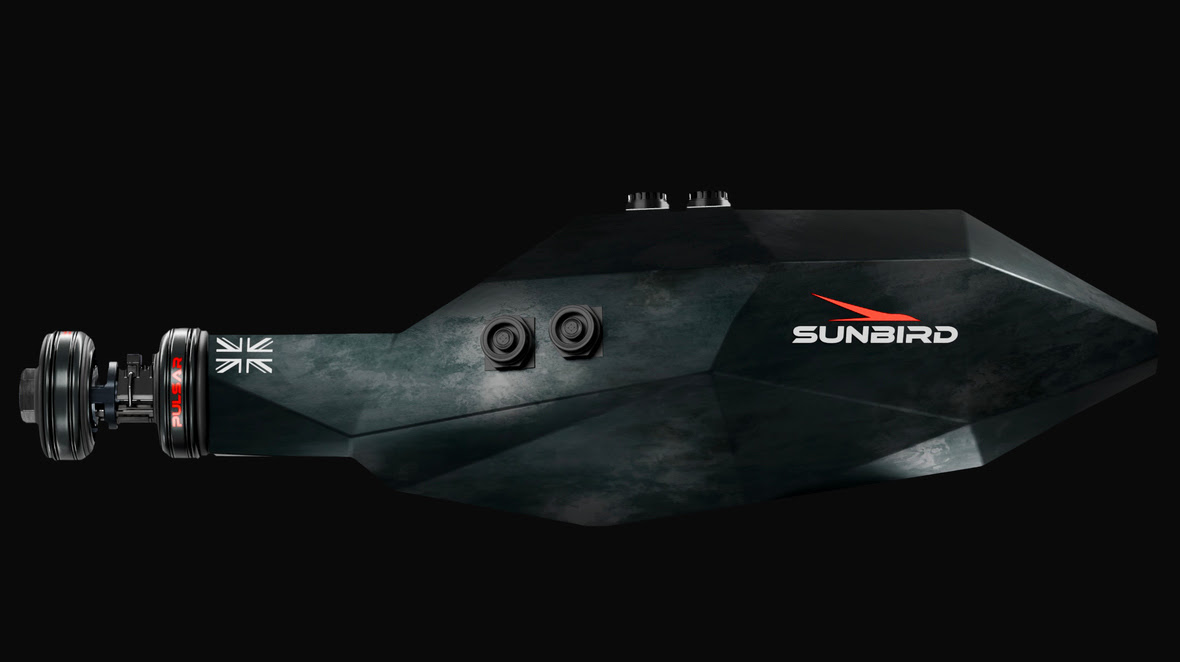
A research institution that has inked landmark deals with two private spaceflight firms may be performing experiments in suborbital space within two years, one of its scientists says.
The Southwest Research Institute (SwRI), a non-profit organization based in San Antonio, Tex., bought seats on suborbital flights from both XCOR Aerospace and Virgin Galactic. SwRI's experiments are already built and ready to go, and the institute is now waiting on the spaceflight companies — but that wait may not be terribly long, according to one scientist.
"No one can guarantee when they will finish their flight-test programs, what setbacks they may have, what twists and turns there are along the way," said Alan Stern, vice president of SwRI's space division. "But I think there's a very good chance that we'll be flying a couple of years from now, in early 2013, and potentially somewhat sooner."
Signing historic deals
SwRI announced that it had purchased seats for multiple flights aboard both XCOR's Lynx vehicle and Virgin Galactic's SpaceShipTwo, which will be known as the VSS Enterprise, in late February. Signing deals with multiple companies was a strategic move, Stern said, since both vehicles are still in the development or testing phase.
"By splitting our funds across two different providers, we think we're in a lower risk position," Stern told SPACE.com. [Vote for the 21st Century's Greatest Space Innovators]
SwRI plans to send three different scientists — including Stern — and three different experiments up to suborbital space. One project will test out a biomedical harness, another will investigate the geology of asteroids and comets by performing microgravity experiments, and the third will look into the ability of suborbital vehicles to do astronomy and atmospheric science, according to Stern.
Get the Space.com Newsletter
Breaking space news, the latest updates on rocket launches, skywatching events and more!
"They're all built," Stern said of the experiments. "They're not just designed, and they're not wish-list. They're finished."
SwRI is now waiting for XCOR and Virgin Galactic to start carrying paying customers — though when that will happen is a bit up in the air.
SpaceShipTwo has already aced several glide tests and is expected to begin rocket-powered flight tests later this year. The vehicle could start passenger flights sometime next year, Virgin Galactic officials have said.
The rocket-powered Lynx's first test flights could take place sometime this year, XCOR CEO Jeff Greason has said.
Sparking a revolution
SwRI plans to get good science out of its multiple suborbital research flights. But the institute also hopes that it can serve a pioneering role, by showing other researchers what can be done and simultaneously helping to further the development of private spaceflight.
"We hope to start, or catalyze, a revolution," Stern said.
He added that he hopes the scale of SwRI's commitment — multiple flights with multiple companies, multiple scientists going up to perform multiple experiments — will attract the attention of other research groups. If they make similar commitments, it can only be good for science and for the development of commercial spaceflight.
"I want them to be envious, jealous — and I want them to get off their duffs and come give us a run for our money," Stern said.
You can follow SPACE.com senior writer Mike Wall on Twitter: @michaeldwall.
Join our Space Forums to keep talking space on the latest missions, night sky and more! And if you have a news tip, correction or comment, let us know at: community@space.com.

Michael Wall is a Senior Space Writer with Space.com and joined the team in 2010. He primarily covers exoplanets, spaceflight and military space, but has been known to dabble in the space art beat. His book about the search for alien life, "Out There," was published on Nov. 13, 2018. Before becoming a science writer, Michael worked as a herpetologist and wildlife biologist. He has a Ph.D. in evolutionary biology from the University of Sydney, Australia, a bachelor's degree from the University of Arizona, and a graduate certificate in science writing from the University of California, Santa Cruz. To find out what his latest project is, you can follow Michael on Twitter.









